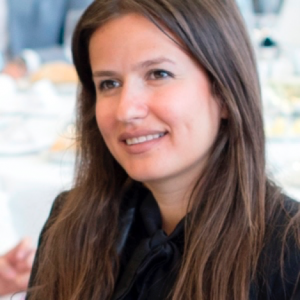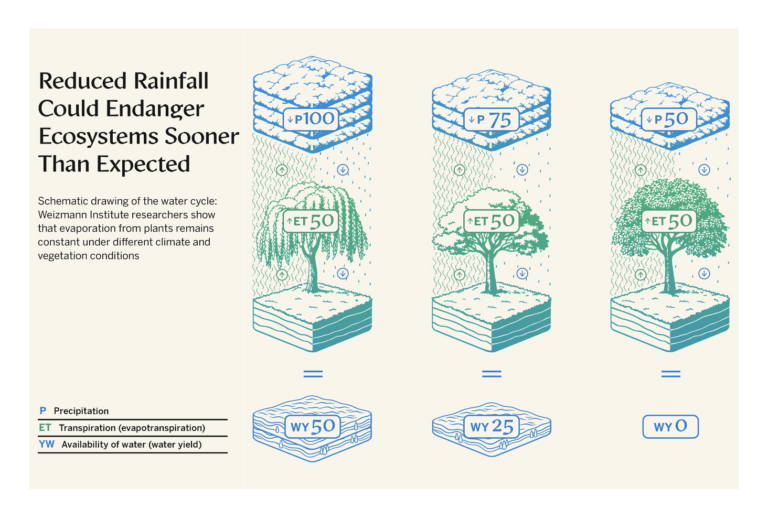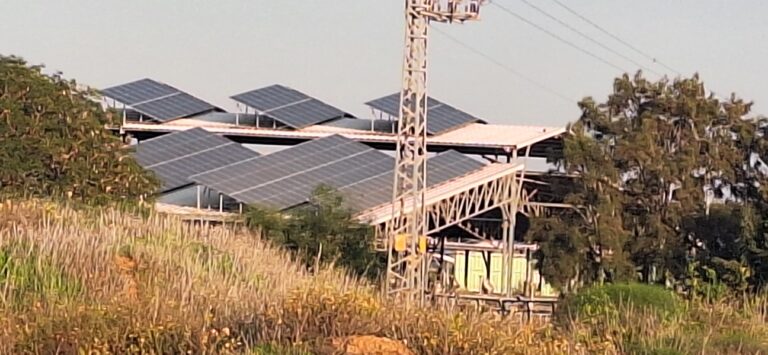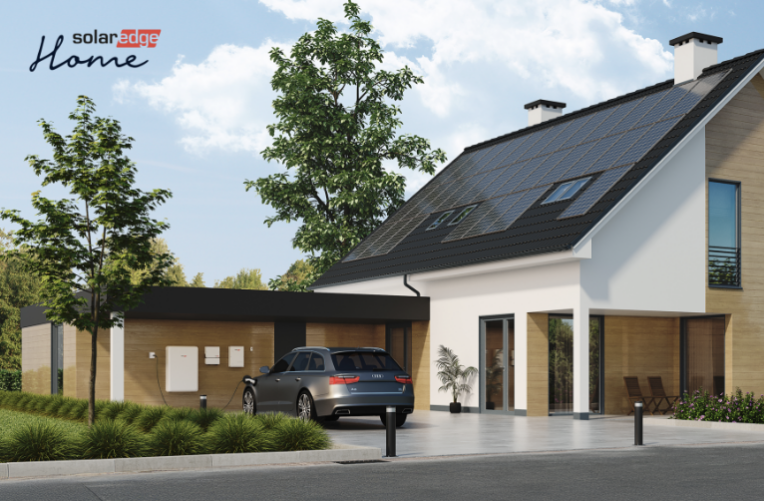Brevet révolutionnaire de Eco Wave Power (Israël) : un flotteur énergie des vagues/solaire en test à Jaffa

[:fr]
Eco Wave Power (EWP) vient de déposer un nouveau brevet pour un système qui combine l’énergie houlomotrice et l’énergie solaire et a démarré les essais au port de Jaffa, en Israël. Ce nouveau brevet PCT est israélien et international.
L’idée de ce système combiné découle des souhaits de plusieurs clients potentiels d’EWP pour disposer de plusieurs sources d’énergie renouvelables dans leur bouquet énergétique. Cependant, en raison de contraintes d’espace (particulièrement sur les îles), la mise en œuvre de parcs solaires de grande envergure est souvent limitée, ce qui nécessite des espaces terrestres importants.
Afin de faciliter l’intégration des sources sans gaspiller d’espace terrestre (qui représente souvent une part importante du coût dans les parcs solaires à l’échelle commerciale), Eco Wave Power a mis au point une méthode de connexion des panneaux solaires à la surface de ses flotteurs.
Le même dispositif permet de produire deux sources d’énergie renouvelables ; l’énergie des vagues et l’énergie solaire. L’équipe d’ingénieurs d’EWP décrit les avantages :
1. Plus grande production d’électricité sur le même espace (vagues et solaire)
2. Pas de coûts associés à l’utilisation des terres pour la production solaire
3. Pendant les journées ensoleillées, lorsque l’eau sera encore présente, un effet de miroir augmentera potentiellement la production d’énergie provenant des panneaux solaires au-dessus des flotteurs EWP
4. L’eau environnante refroidira les panneaux, causant ainsi moins de pertes d’énergie résultant de la chaleur, à l’instar des panneaux solaires actuellement installés sur des réservoirs d’eau

Inna Bravermann, cofondatrice et CEO de Eco Wave Power, précise : « EWP a commencé à tester le système combiné dans son unité de R&D située au port de Jaffa. Une fois les résultats des tests validés, nous installerons les panneaux solaires sur tous les flotteurs de la station EWP à Jaffa et examinerons la faisabilité d’installer ce nouveau système à Gibraltar et sur les futurs sites ».
L’intégration de l’énergie solaire en tant que source supplémentaire ne fera augmenter le prix de la centrale d’EWP que de 3%, car elle sera connectée aux mêmes systèmes de conversion et de contrôle déjà utilisés pour la production d’énergie houlomotrice, alors que la capacité installée de l’usine devrait croître de 3 à 10%, ce qui pourrait potentiellement créer un retour sur investissement plus rapide pour les projets Eco Wave Power.
EWPG Holding AB est une société suédoise fondée en 2011 à Tel Aviv, en Israël, qui a mis au point une technologie brevetée, intelligente et économique permettant de transformer les vagues océaniques en énergie verte. Eco Wave Power est la seule société d’énergie houlomotrice au monde à posséder et à exploiter une gamme de flotteurs qui produisent de l’énergie à partir des vagues connectés au réseau conformément à un contrat d’achat d’électricité, PPA. EWPG Holding AB (symbole EWP) est cotée au Nasdaq First North à Stockholm.
Traduction/adaptation Esther Amar pour Israël Science Info
Autres articles sur Eco Wave Power sur ces liens
[:en]
This week, EWP applied for a new PCT (international patent) and a new Israeli Patent for an integrated wave and solar system and commenced initial testing for the combined solution. The idea for the combined solution was conceived from significant interest of several of EWP’s potential clients in having a variety of renewable energy sources as part of their energy mix.
However, due to space restrictions (especially experienced by islands), there is a limitation on the implementation of large-scale solar farms which often require significant land spaces. In order to ease the integration of the sources, without waste of any land space (which often also comprises a significant part of the cost in commercial scale solar farms), EWP developed a method for connection of the solar panels to the surface of its’ floaters.
As a result, on the same space, there would occur generation from both renewable energy sources; wave energy and solar power.
The EWP engineering team explained that the possible advantages in such combination are:
- Higher generation of electricity on the same space (wave and solar)
- No costs associated with land use for solar production.
- 3. During sunny days, when the water is still there will be a mirroring effect which will potentially increase energy production from the solar panels on top of the EWP floaters
- 4. In addition, the surrounding water will have a cooling effect on the panels causing less energy loss resulting from heat, in similarity to solar panels that are currently being installed on water reservoirs.
The company started testing of the combined system in its R&D facility in the Port of Jaffa. Upon successful test results, the company will install the solar panels on all floaters in the expanded EWP station in Jaffa port and will review the possibility to install the new system also in Gibraltar and in future sites.
The integration of solar as an additional source will raise the price of EWP’s power station by only up to 3 percent, as it will connect to the same conversion and control systems which are already used for the wave energy generation, whereas the installed capacity of the plant is expected to grow between 3 to 10 percent, which will potentially create faster ROI for the EWP projects.
EWPG Holding AB is a Swedish company, founded in Tel Aviv, Israel, in 2011, which developed a patented, smart and cost-efficient technology for turning ocean and sea waves into green electricity. Eco Wave Power is the only wave energy company in the world, to own and operate an array of floaters that produce energy from waves and is connected to the grid in accordance with a Power Purchase Agreement, PPA. EWPG Holding AB (ticker EWP) is listed on Nasdaq First North in Stockholm.
Traduction/adaptation Esther Amar pour Israël Science Info
[:]







